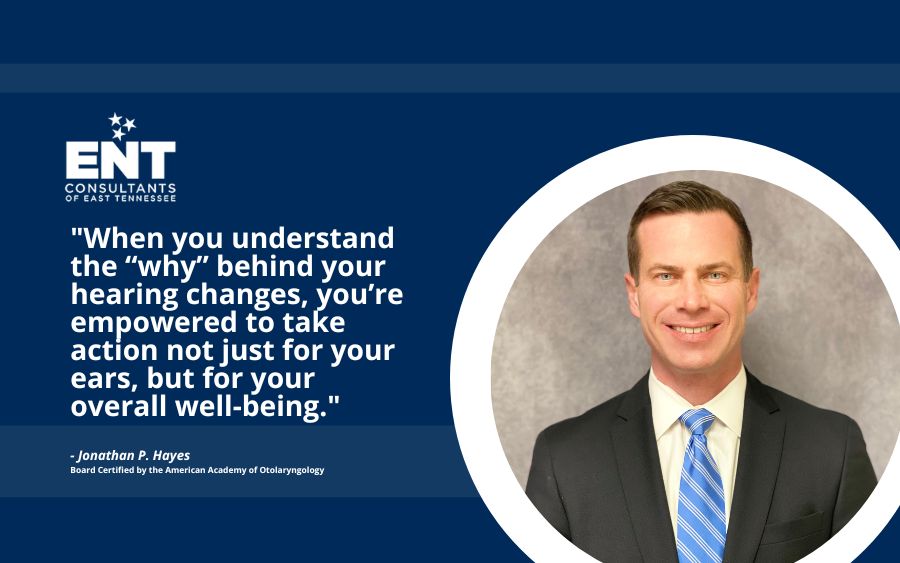Common Types of Allergies and Symptoms
Allergies, or allergic reactions, are characterized by an overreaction of your body’s immune system to a foreign substance referred to as an allergen. The routes of allergen exposure include inhalation, contact, ingestion, and injection.
Pollen Allergies
The inhalation of certain types of pollen causes seasonal allergic rhinitis, or hay fever, which leads to inflammation of the lining of your nose and the protective tissue of your eyes (conjunctiva). Common symptoms include sneezing, congestion (stuffiness), and itchy, watery eyes, nose, and mouth, but some people experience more serious symptoms like wheezing, shortness of breath, chest tightness, and coughing.
Avoiding pollen during those times of the year when pollen counts are high is among the common ways of reducing symptoms. Over-the-counter and prescription oral antihistamines, anti-leukotrienes, nasal steroids, nasal antihistamines, and nasal cromolyn are among the allergy treatment options for pollen allergies.
Dust Mite Allergies
Mold Allergies
Animal Dander Allergies
Medicinal Allergies
Diagnosis and Treatment of Allergies at ENT Consultants of East Tennessee
Our ENT experts are specially trained to diagnose and treat allergies of all types. Allergy treatment options typically include allergy drops, allergy shots, which are customized to deal with allergens unique to our region, as well as medical prescriptions.
Sublingual immunotherapy (allergy drops) for patients age 6 and up are a safe and effective alternative to traditional allergy shots we provide at ENT Consultants of East TN. Among the benefits of these drops is their capacity to be dispensed at home, an overall reduction or elimination of daily allergy symptoms and medications, and no more weekly trips to the doctor.
With cases involving ongoing or chronic allergic reactions, some of our patients are good candidates for balloon sinuplasty procedures in order to reduce sinus inflammation. Cases that require additional or alternative types of medical experts are often referred to other specialists such as a pulmonologist.
Our experts will run a series of both presumptive and non-presumptive allergy tests in order to best identify the moset effective treatment, specific to you.















